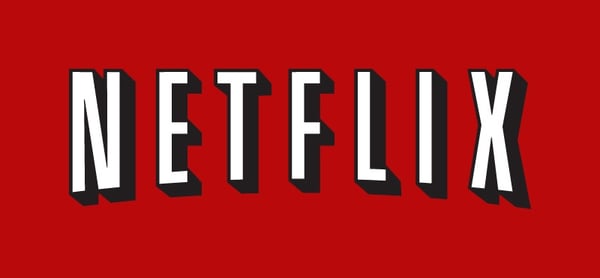Netflix's New Parental Leave Policy Lacks Teeth
3 min read
Date Published: 08/19/2015
Last Updated: 08/19/2015
National Fatherhood Initiative Blog / Latest Articles
3 min read
This post originally appeared on The Huffington Post.
While we should applaud Netflix's recent announcement of paid parental leave of up to one year for moms and dads after the birth or adoption of a child, it lacks the teeth and innovation necessary to encourage dads to take full advantage of this progressive policy and for Netflix to reap its full potential.

Netflix's policy is good for dads, families and our country. It sends a strong message in a country that's far behind others in providing paid parental leave, especially to dads. It recognizes that dads:
Perhaps most important, it recognizes that more involved dads increase the well-being of children, mothers, families and communities.
Netflix's policy is also good for Netflix. Many dads fear taking advantage of parental leave and other work-family benefits. Despite these fears, when dads balance work and family, they are more productive employees who advance farther and faster in their careers. Involved dads--especially Millennial dads--are less fearful of the impact of balancing work and family. They demand jobs that provide paid parental leave. This demand from the newest dads is why it's no surprise that tech companies like Netflix lead the way in providing paid parental leave.
The challenge for Netflix is how to encourage dads to take full advantage of this policy. Dads are not moms. They require efforts that speak specifically to them--that meet their needs and wants as dads broadly and within the context of work-family balance. Dads are much less likely than moms to take parental leave. While 90 percent of dads in the U.S. take some time off from work, most of them take a week or less off.
To help their dads and the company, Netflix must give the policy the teeth it needs. Netflix must proactively encourage dads to take time off. Nothing in Netflix's announcement--or other commentary on the potential challenges of successfully implementing this policy--suggests that it is anything but a passive one. It lacks innovative tactics--any tactics, for that matter--that will give it a better chance to hold value and succeed with dads. This failure to recognize the need for an innovative, proactive effort to encourage dads to take full advantage of the policy is somewhat surprising given that Netflix is synonymous with innovation and the testing of tactics and approaches that disrupted and transformed how Americans consume movies and television shows.
Netflix must develop a campaign for dads that it constantly tests and refines (e.g. using a Lean Startup approach). The campaign must include, at a minimum:
Netflix must also involve dads in shaping the campaign and delivering elements of it. The company should, for example, consider forming an interdepartmental team of dads at different levels of the company to help develop and evaluate potential tactics. It should use dads who work at Netflix as spokespersons to deliver messages that contain the value proposition.
Netflix must approach this effort from the consumer-based mindset that has led to so much of its success. The dads who work at Netflix are, after all, the consumers of its policies. Dads have different needs than moms when it comes to being parents and balancing work and family. They deserve the same dedication to the effective use by dads of this policy that their company makes to create the algorithms that meet the entertainment tastes of its diverse external customers.
This post originally appeared on The Huffington Post.Date Published: 08/19/2015
Last Updated: 08/19/2015
Download the ebook to learn how to create fatherhood initiatives that engage every sector of community life.

Train Your Staff
Fatherhood Programs
Fatherhood Data
© 2025 National Fatherhood Initiative®. All rights reserved.